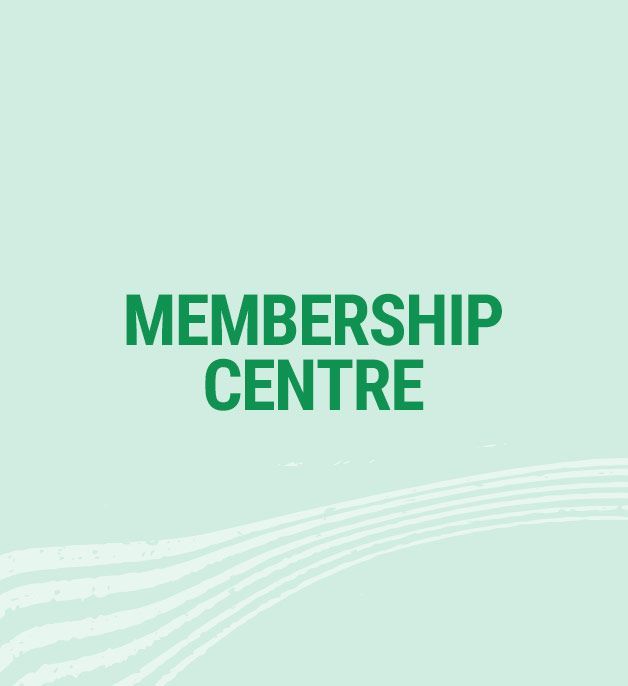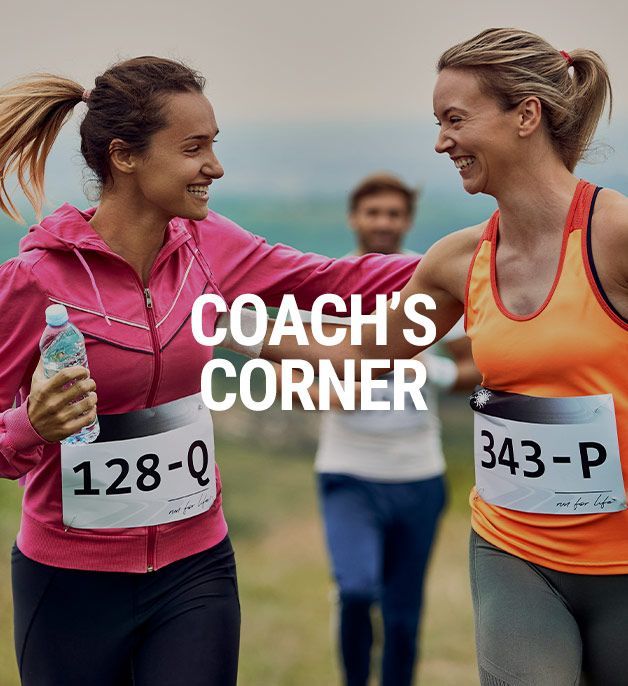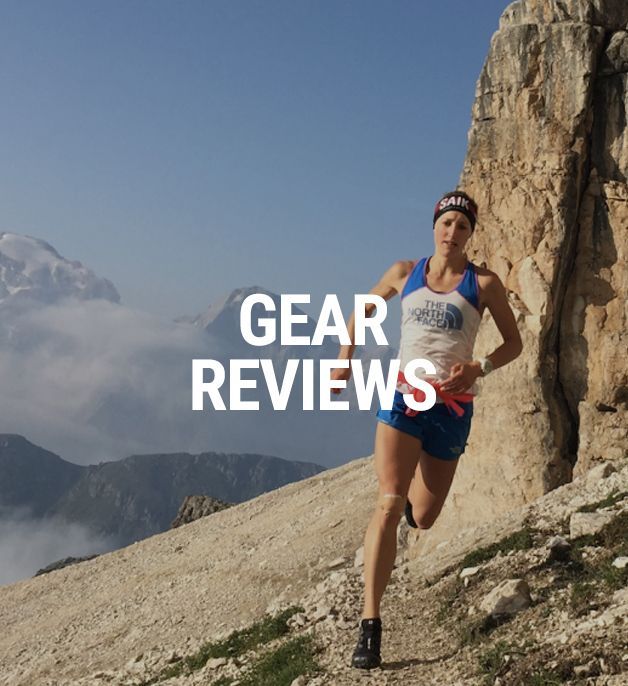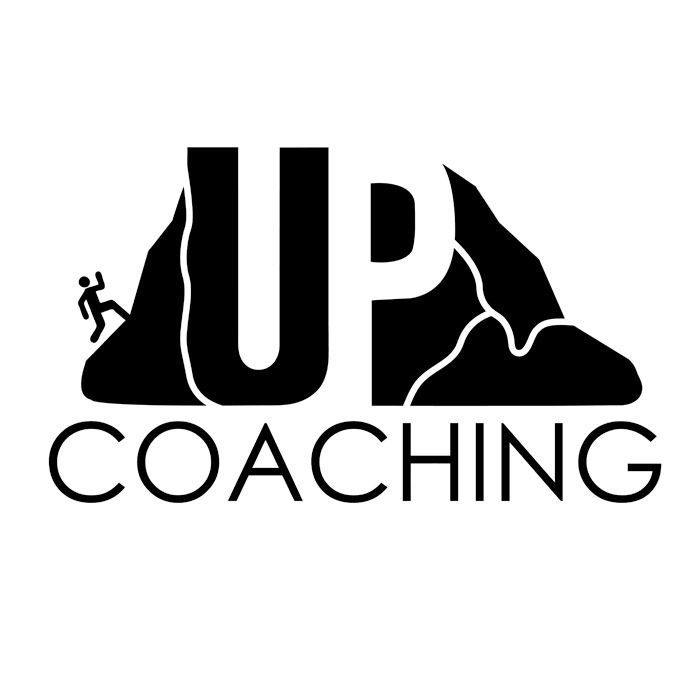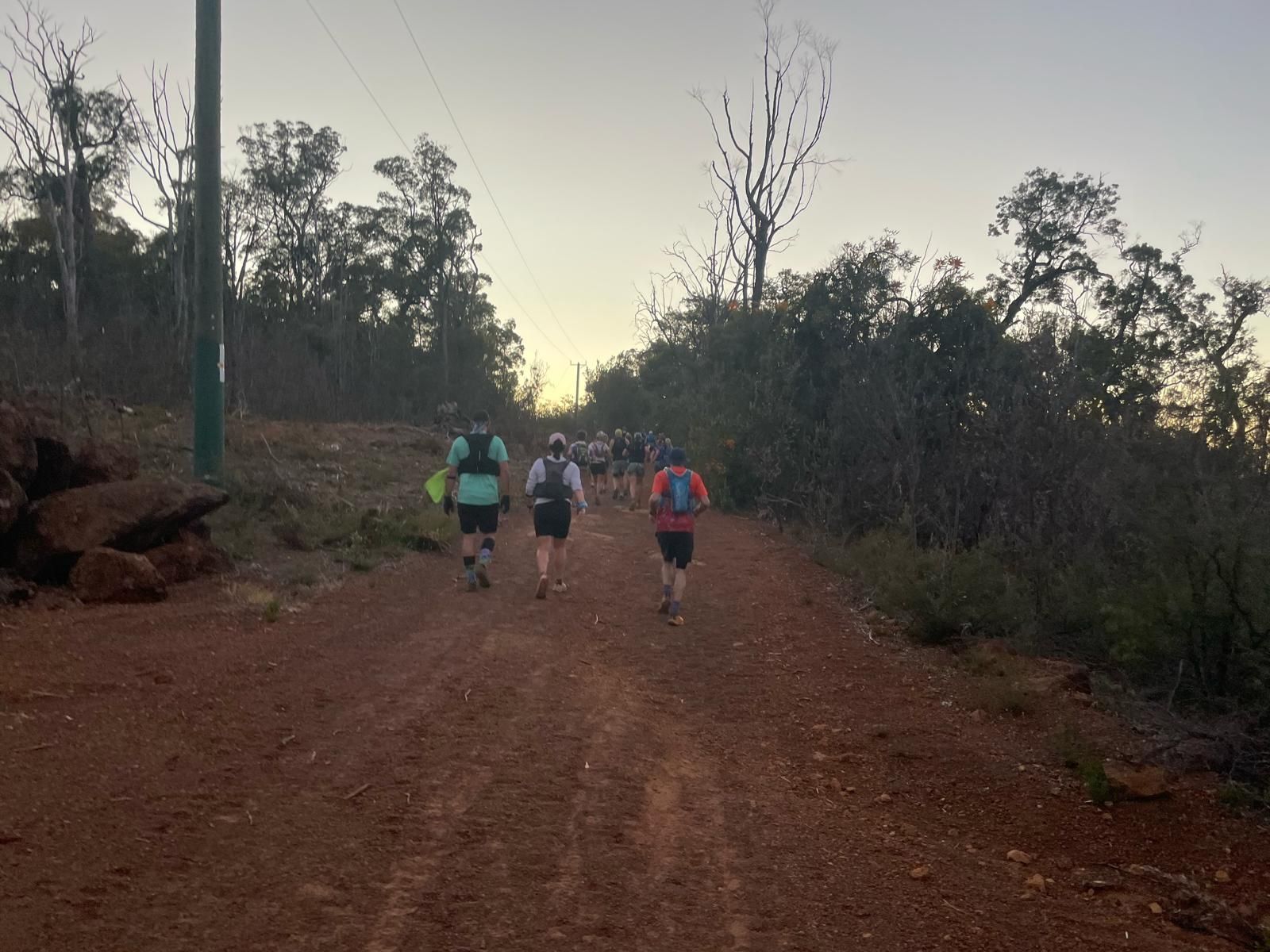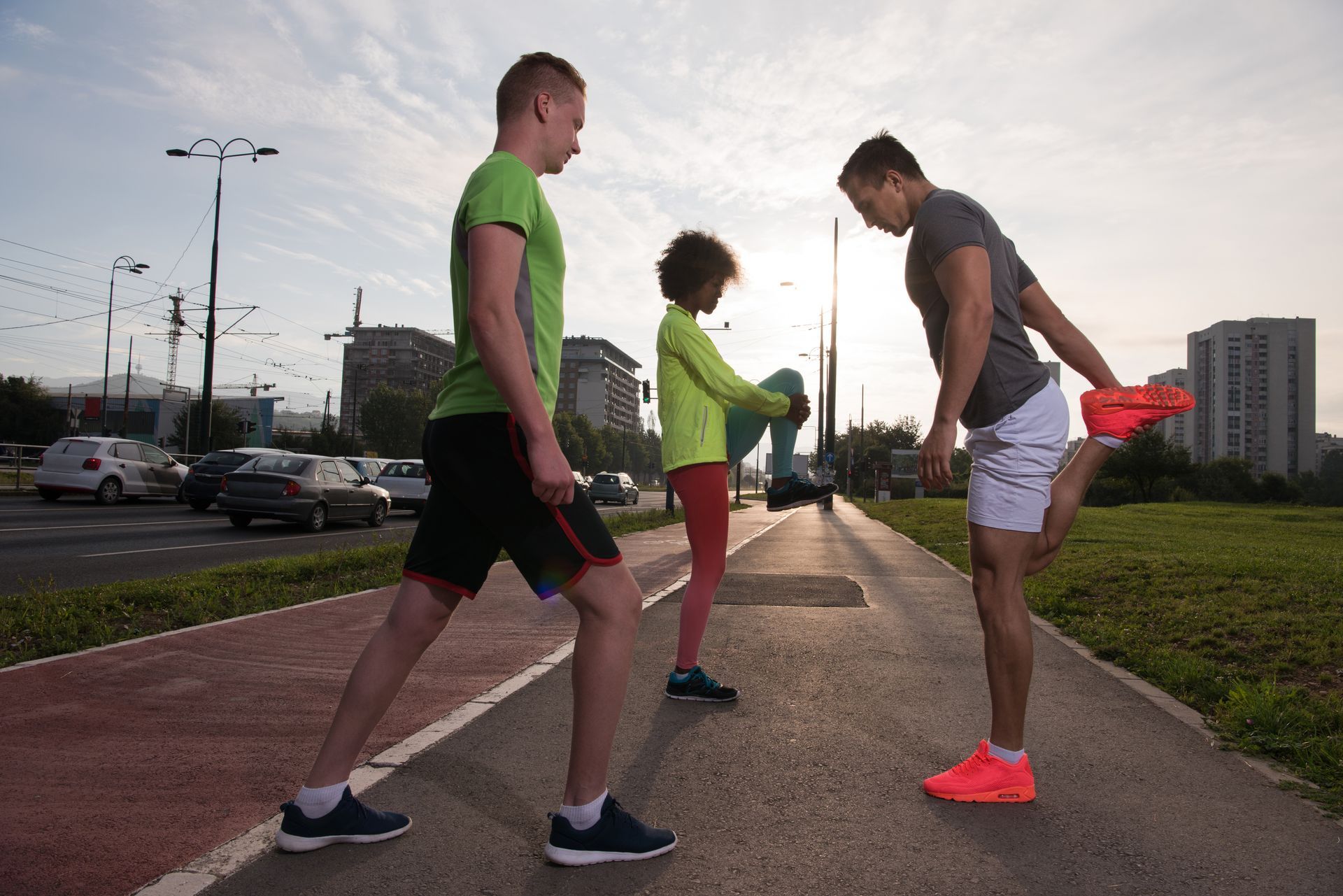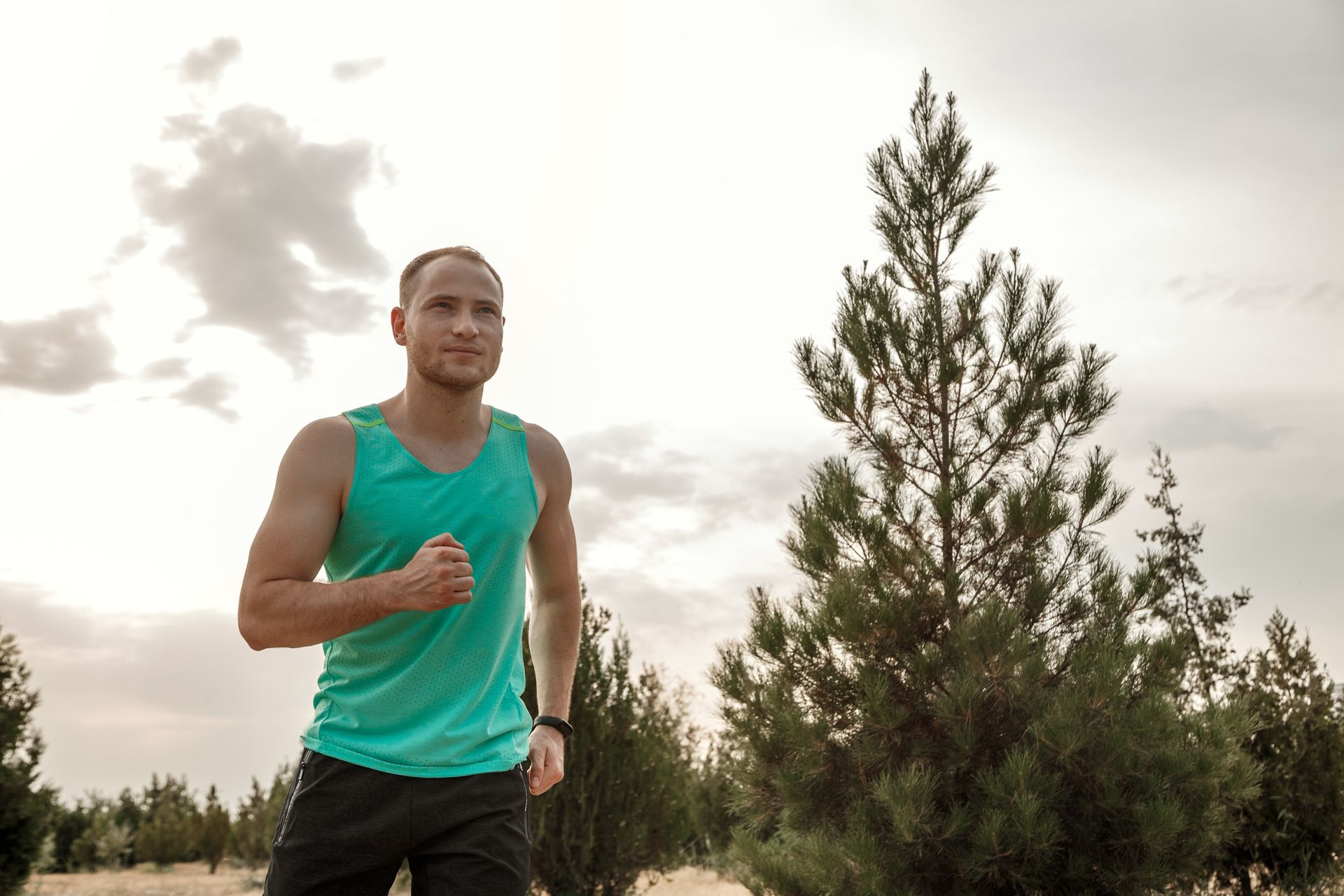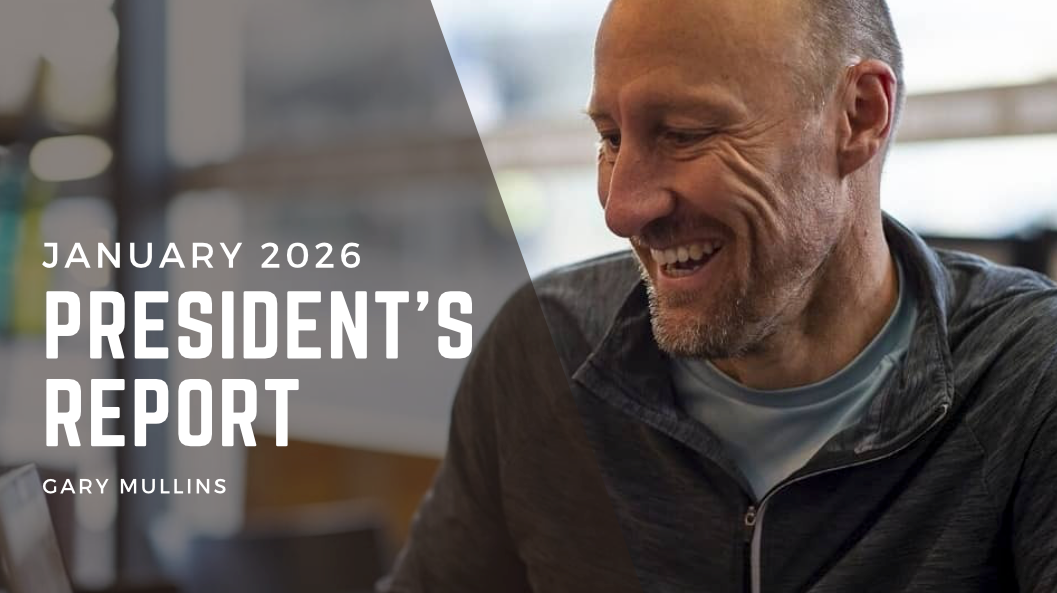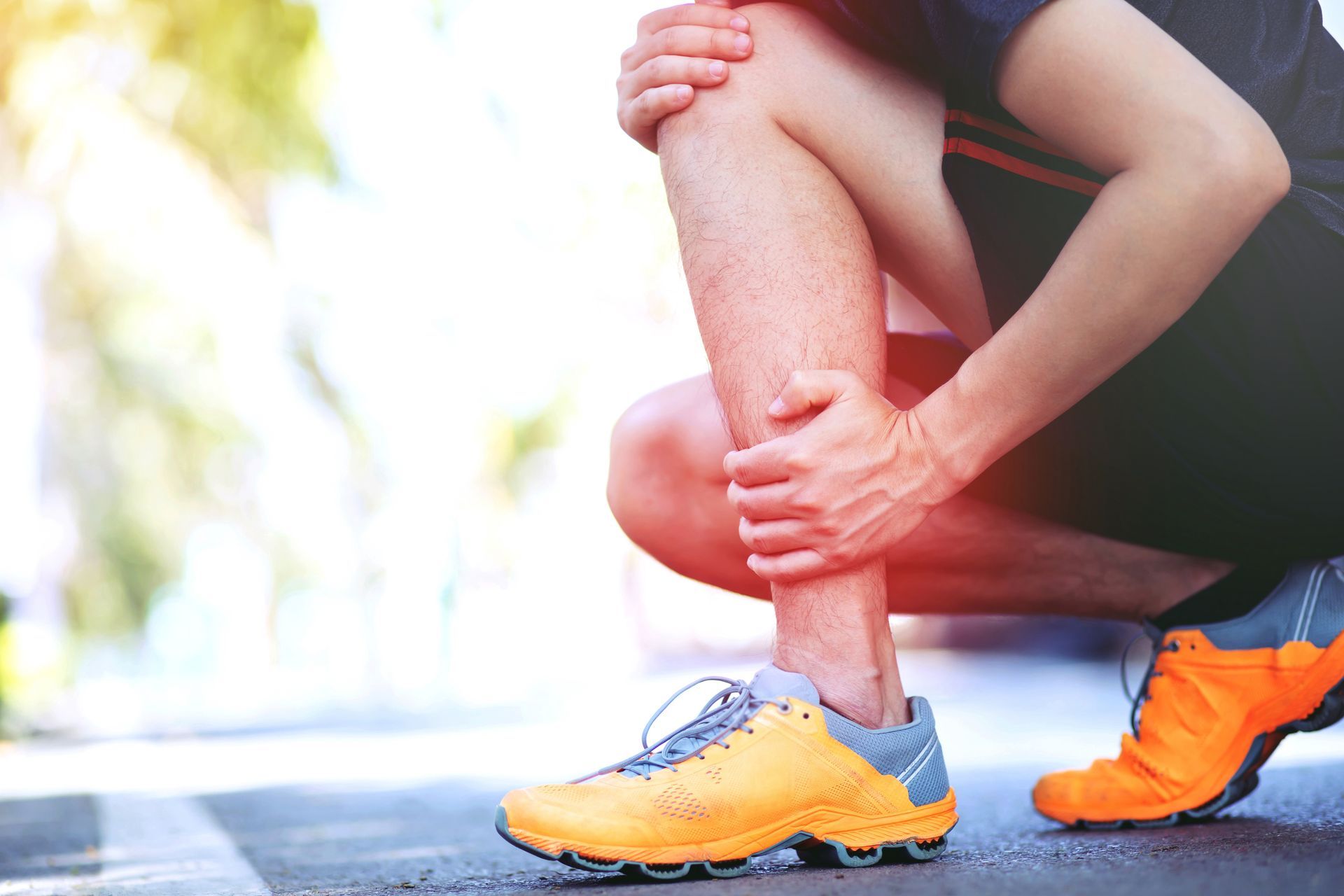
COACH’S CORNER - What’s In A Word by Anne-Marie Cook
Anne-marie cook from up coaching reveals why the new peace and love way of recovering from injury is the way moving forward

What’s in a word? When it’s an acronym, a whole lot. Injuries suck, as any runner will tell you (usually with vehemence and hashtags). Obviously, prevention is the mother of all cures, but when you’re pushing your limits and striving for a goal, the body does sometimes revolt.
Which brings us to acronyms
Whether it’s a sprain on the trail, a pull on the track or from load on the road, the usual course of action following any injury is RICE (rest, ice, compression, elevation). Then came PRICE (with the addition of protection) and POLICE (transforming ‘rest’ into ‘optimal loading’).
There’s probably a reason they didn’t catch on.
But it turns out our old stalwart RICE just doesn’t cut it anymore. Why not?
Well, there’s the fact it only addresses acute management – the initial stage of the injury. What are we supposed to do after that?
Then, there’s fallacy that ice helps. That’s right, icing soft tissue has been found to delay healing and lengthen the recovery process in most cases! Isn’t that something you wish you knew way back when?
So what do we do now?
Dubois and Esculier in an April 2019 post in the British Journal of Sports Medicine suggest getting all hippy on your injury and showing it some PEACE and LOVE.
Acute stage? Come to PEACE with your body.
Protection: Avoid activities and movements that increase pain during the first few days after injury.
Elevation: Elevate the injured limb higher than the heart as often as possible.
Avoid Anti-Inflammatories: That’s right. Try not to take anti-inflammatory medication such as ibuprofen if you can, as they reduce tissue healing, and avoid icing.
Compression: Use an elastic bandage or taping to reduce swelling.
Education: Your body knows best. Avoid unnecessary passive treatments and medical interventions and let nature play its role.
In the aftermath, give it LOVE as you return to running
Load: Let pain guide your gradual return to normal activities. Your body will tell you when it’s safe to increase load.
Optimism: Condition your brain for optimal recovery by being confident and positive.
Vascularisation: Choose pain-free cardiovascular activities to increase blood flow to repair tissues.
Exercise: Restore mobility, strength and proprioception by adopting an active approach to recovery.
It’s a pretty good idea to treat your incredible ultra body with peace and love at all times, don’t you think?
Peace out.
